Racism in Video Game Culture Continued
Hi Guys,
Just wanted to follow up on the last week’s presentation with a short video on racism in video games. I was planning on showing a portion of this video during the presentation but due to time constraints ended up cutting it out. The video features a short interview with Terrence Miller, an African American Hearthstone player who made it to the finals of a live streamed competition in 2016. During the match, he was subjected to so much racism that the moderators could not keep up.
Thought it was interesting to see him talk about the incident first hand and gain some other insights on the problem of racism in video game culture.
Hope you find this useful!
Class 7 – 10/23/19; “Connecting Ourselves: Gamer Vulnerability in Virtual Realities Part 3” + “Copyright Law and YouTube/Twitch Gameplay” + “Patenting AI-Generated Inventions”
Slides and video (such as it is) below. Unfortunately only the first 2/3’s (roughly) of my talk was recorded, nor were either of the student presentations. The lecture capture team has advised it looks like there was a network interruption in the recording system. We would not have noticed any interruption because the recording system is on a different network from the in-room display system which which continued on flawlessly after the recorder disconnected. Although they are still checking it looks like the footage we have is all there is.
Also had to split my slides into two parts because of upload limits. Apologies for the inconvenience.
Jon
Class 5 – 10/2/19; “Connecting Ourselves: Gamer Vulnerability in Virtual Realities – Part 1″ + “Loot Boxes” + “Law & the Virtual World”
Video and slides above. A note on my slides…to make them fit the upload capacity of the servers I had to do some pruning of non-essentials including the “Last Year This Time” part of “News of the Week”. You will of course be able to see the missing pieces in the video and am happy to provide the missing slides to anyone who needs them.
Jon
What a typical Chinese game looks like?
This is a reply to the question I received during the presentation. I described the art of Chinese games as “colorful, crowded and shiny ” but I think with a picture it would make more sense. So here is a screenshot by someone else of MMORPG mobile game Fantasy Western World Journey developed by NetEase:

In comparison, I would describe the art of US games as “cool” and Japanese ones as “cute and tidy”. Let me know if that’s a kind of misunderstanding.
I also want to include a picture of the marketplace (where you pay for in-game items in a F2P game) of Tencent’s King of Hornor. Look at all the columns on the left you will find a variety of things to buy and its super complex:
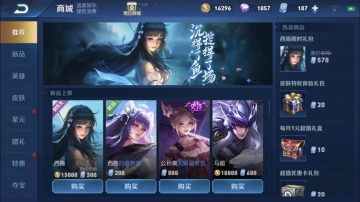
Let me know if you have further questions on today’s topic!
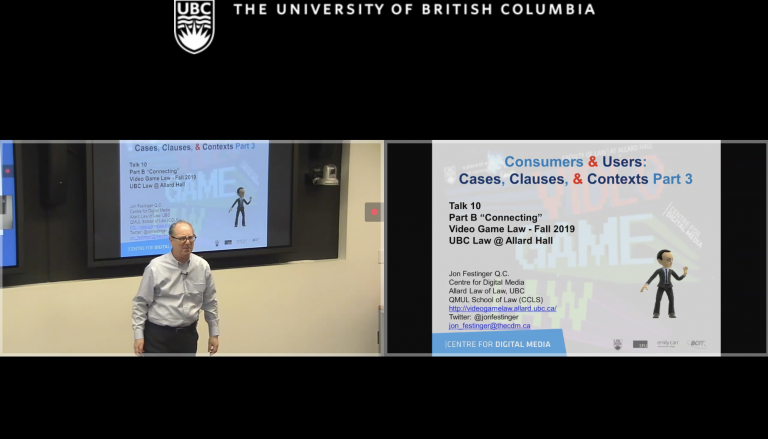
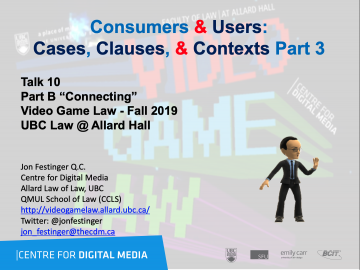
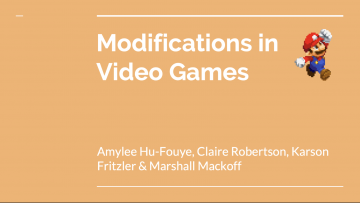
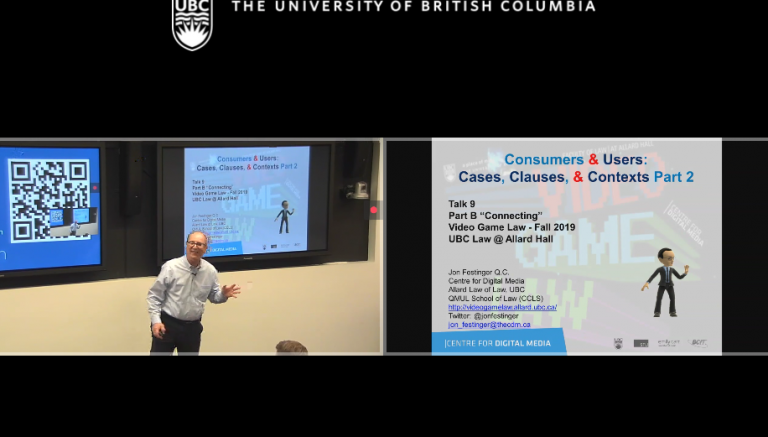
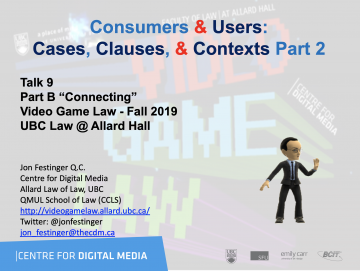

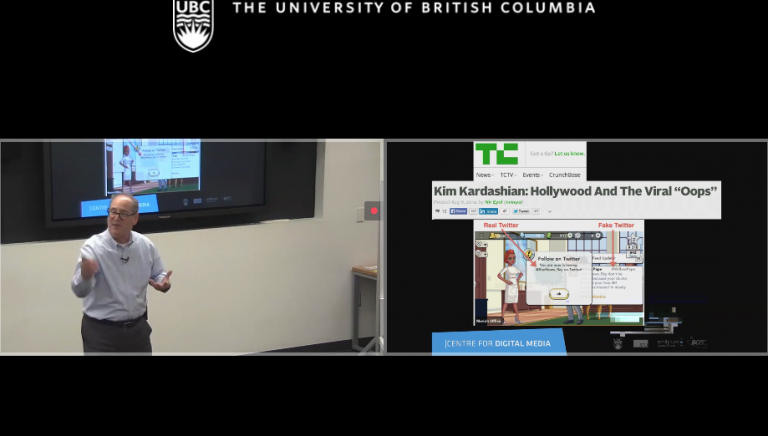
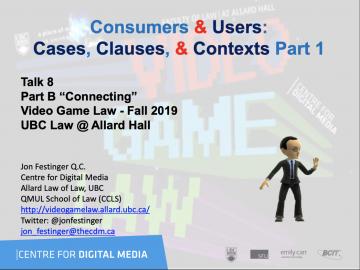
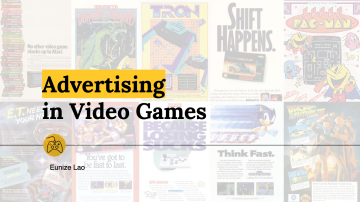
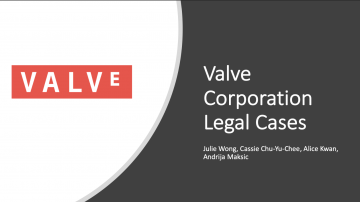
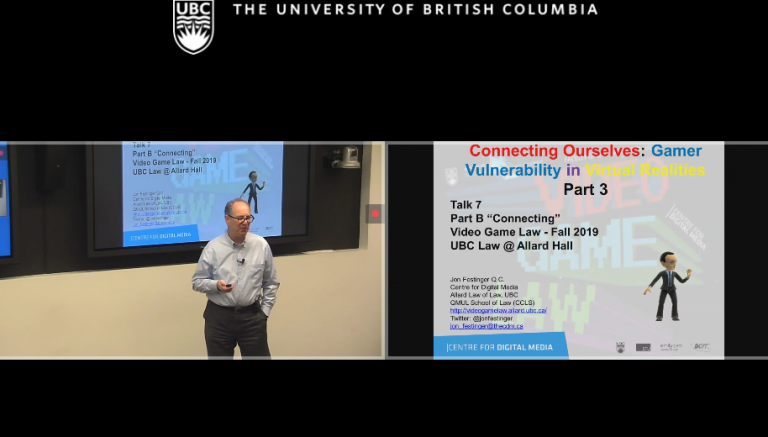
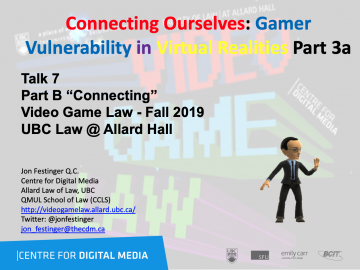
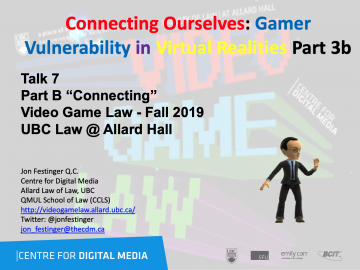
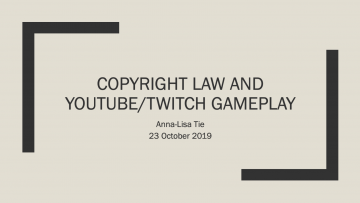

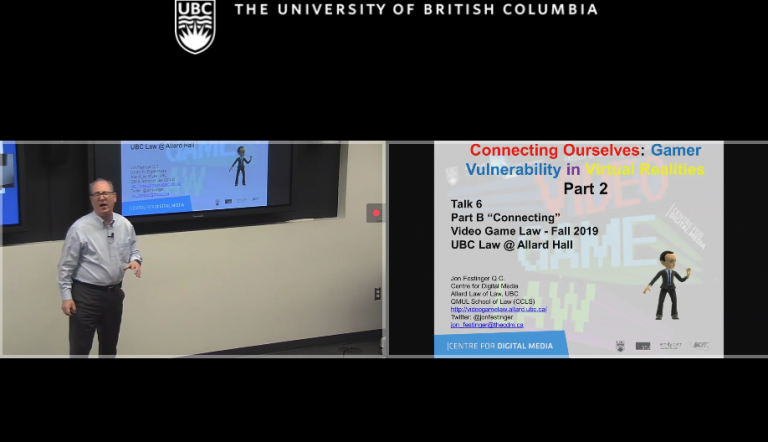
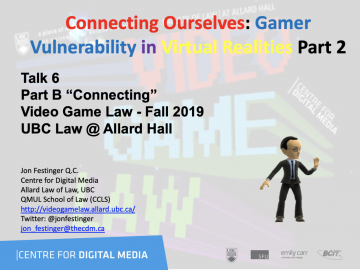
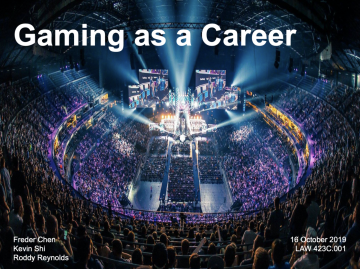

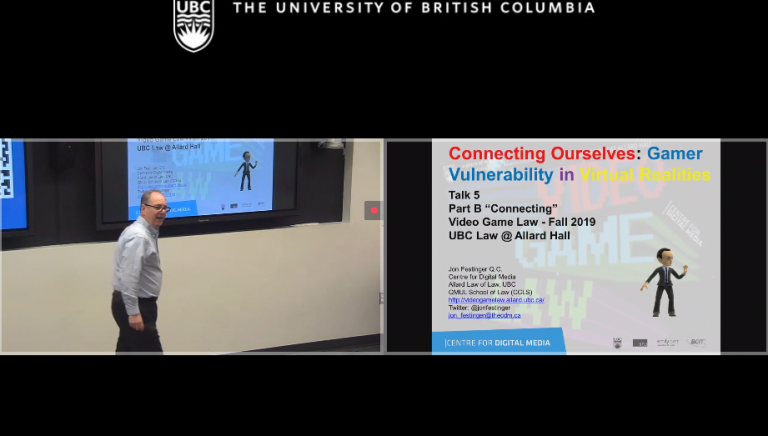
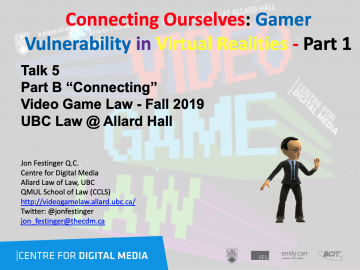
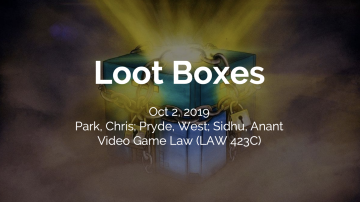
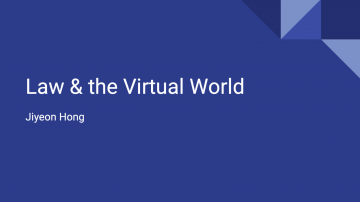
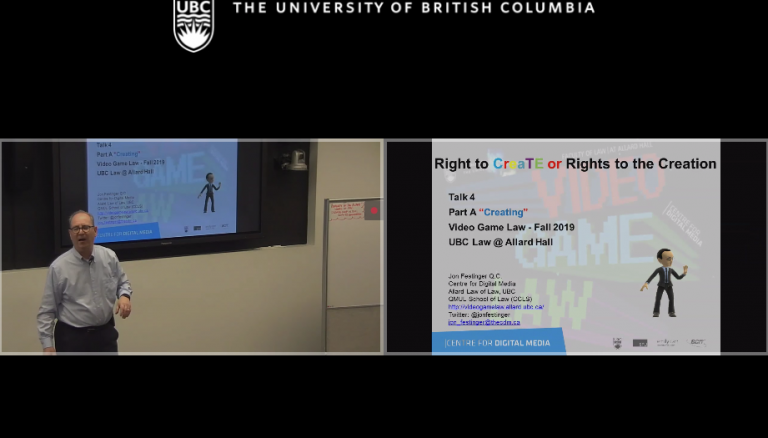
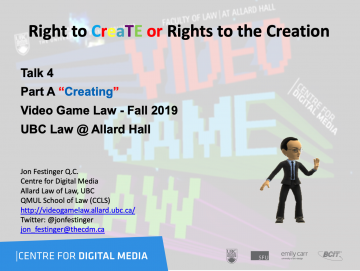

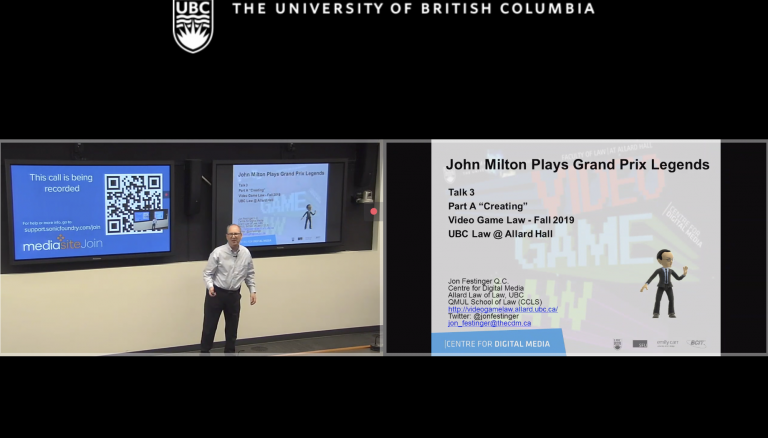
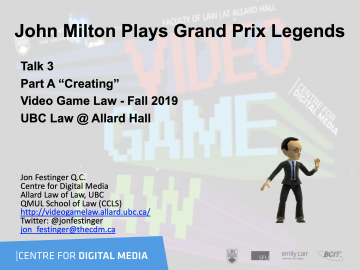

 Communications Law
Communications Law